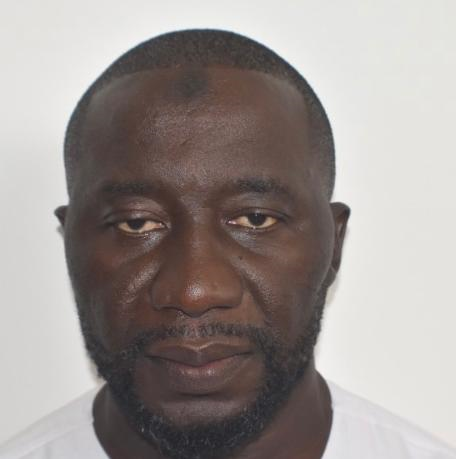By Binta Jaiteh
The statement of the joint observers which include the National Human Rights Commission, Election Response Group, and WANEP The Gambia on the Mayoral and Chairperson Elections has revealed that at several polling stations in Banjul, there were allegations of voter inducement by the National People’s Party supporters.
As stated in the final report of the group on the election results released on Sunday at the National Human Rights Commission office during a press briefing, Mr. Julius Freeman, Vice Chairperson of the National Election Response Group who presented the report said there was voter intimidation and inducement In Banjul, and also reported tensions between NPP and UDP supporters which prompted the intervention of the Paramilitary Intervention Unit.
According to him, In Banjiul there were allegations of party militants seen loitering close to polling stations despite attempts by security personnel to disperse them.
As was also observed during the Councilorship elections, NPP militants identifiable with NPP vehicles were seen at polling stations allegedly intimidating voters.
He stated that observers reported two (2) procedural incidents, namely: Vehicles branded with party symbols belonging to NPP and pictures of Independent Candidate Ahmed Gitteh were seen in polling stations in Banjul and Brufut (West Coast Region) respectively.
Also at Bajonkoto polling station in Faji Kunda (Kanifing Municipality), IEC officials attempted to temporarily stop voting to break for lunch while voters were in a queue. This resulted in a row between voters and the IEC officials.
On the Election Security, he said there were uniformed security personnel on election duties present at all the polling stations observed and there were uniformed security patrols countrywide, while the security personnel on election duties conducted themselves professionally.
He added that traditional and online media coverage was on as there was unhindered media coverage of the voting process. There was a high presence of the media and responsible coverage of the election in line with IEC protocols.
There was a presence of domestic observers at the polling stations mainly from WANEP, NHRC, CSO Coalition on Elections, Gambia Participate, and Elections Watch Committee. Officials from ECOWAS, Embassies and High Commissions, the Commonwealth, and international NGOs based in The Gambia also monitored, he expressed.
However, they recommended that the government of The Gambia should ensure minimum standards of gender representation as recommended by legislation are adhered to by the government among EC commissioners and senior management.
And that the government should also undertake urgent legal and institutional reforms, including the expeditious enactment
of transparency, and accountability in elections of the Elections Bill 2020, to modernize the electoral system for greater efficiency. Provide the National Council for Civic Education (NCCE) with adequate human, financial, and material resources so that it can effectively deliver on its mandate and main functions.
They further recommend that the Independent Electoral Commission should be more proactive in its communication with the public by providing timely information on all phases of the electoral processes. In this regard, it is also encouraged to ensure that updated information is provided on their website.
He concluded that it should also ensure adequate training for its staff to provide efficient election services. In this regard, IEC is encouraged to make use of technology for the effective compilation and timely release of election results. Provide adequate orientation to the people it recruits for election duties to avoid the incidence in Faji Kunda Bajonkoto where voting was temporarily halted for lunch break.
However, it was stated in the report that the opening of polling stations was complied with, and most of the polling staff were present. The majority of the polling stations were easily accessible and polling officials and party agents present carried out their duties in the areas observed. All required election materials were available in adequate quantities in all the polling stations visited. Security personnel and party agents were visibly present in all the polling stations. Media personnel were also present in most of the polling stations at the time of opening.
Voting Process, overall, voting started on time in all the polling stations visited. At almost polling stations the voter turn-out was relatively high and most voters in queues were women. The voting process was orderly, and the secrecy of the ballot was generally adequate in most polling stations.
There was a fair representation of women among IEC officials, party agents, and security personnel at all the polling stations visited. The elderly were accorded voting priority together with persons with disabilities (PWDs). Posters of candidates were also visible on ballot boxes to aid identification of candidates. There was a presence of security across the country. Some of the polling stations observed had limited accessibility for the elderly and persons with disabilities.
Adequately, polling stations officially closed at 5:00 pm. Counting took place at all polling stations after the closure and electoral officials followed the laid down rules and regulations. The process was generally smooth and peaceful. All the result sheets were signed by all candidates/party agents in the stations observed. Results were posted at the polling station for candidates’




